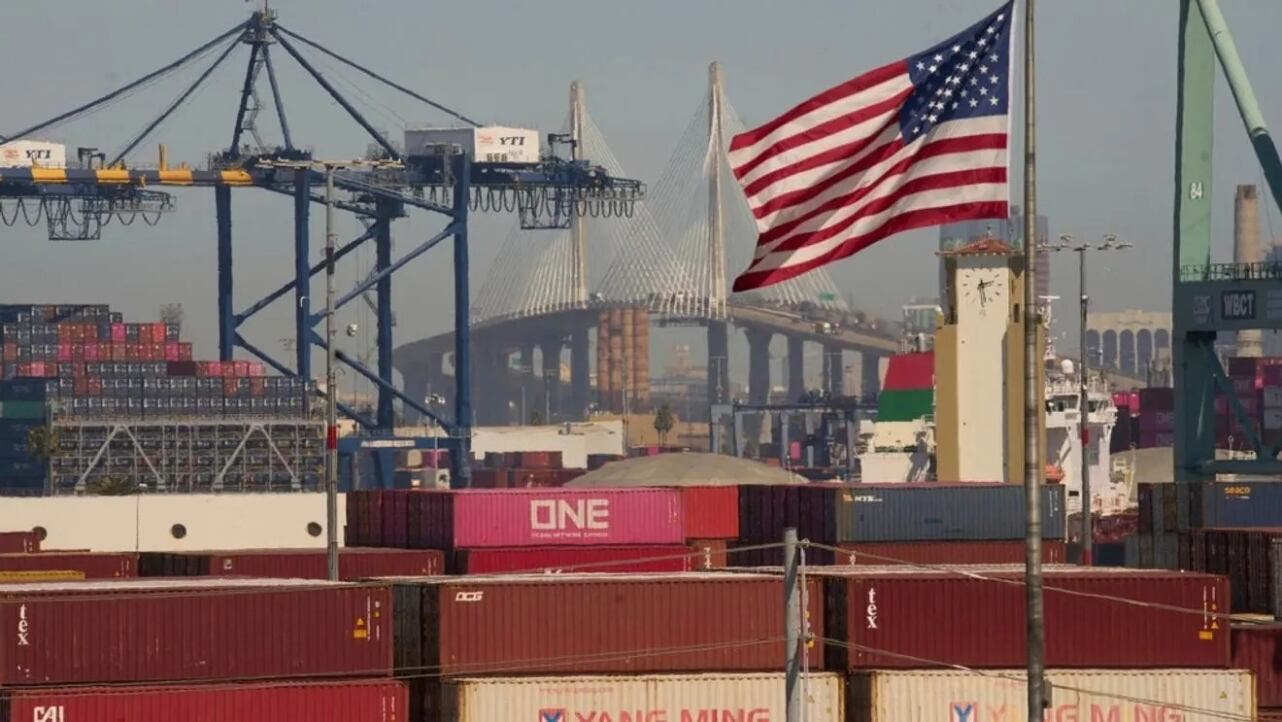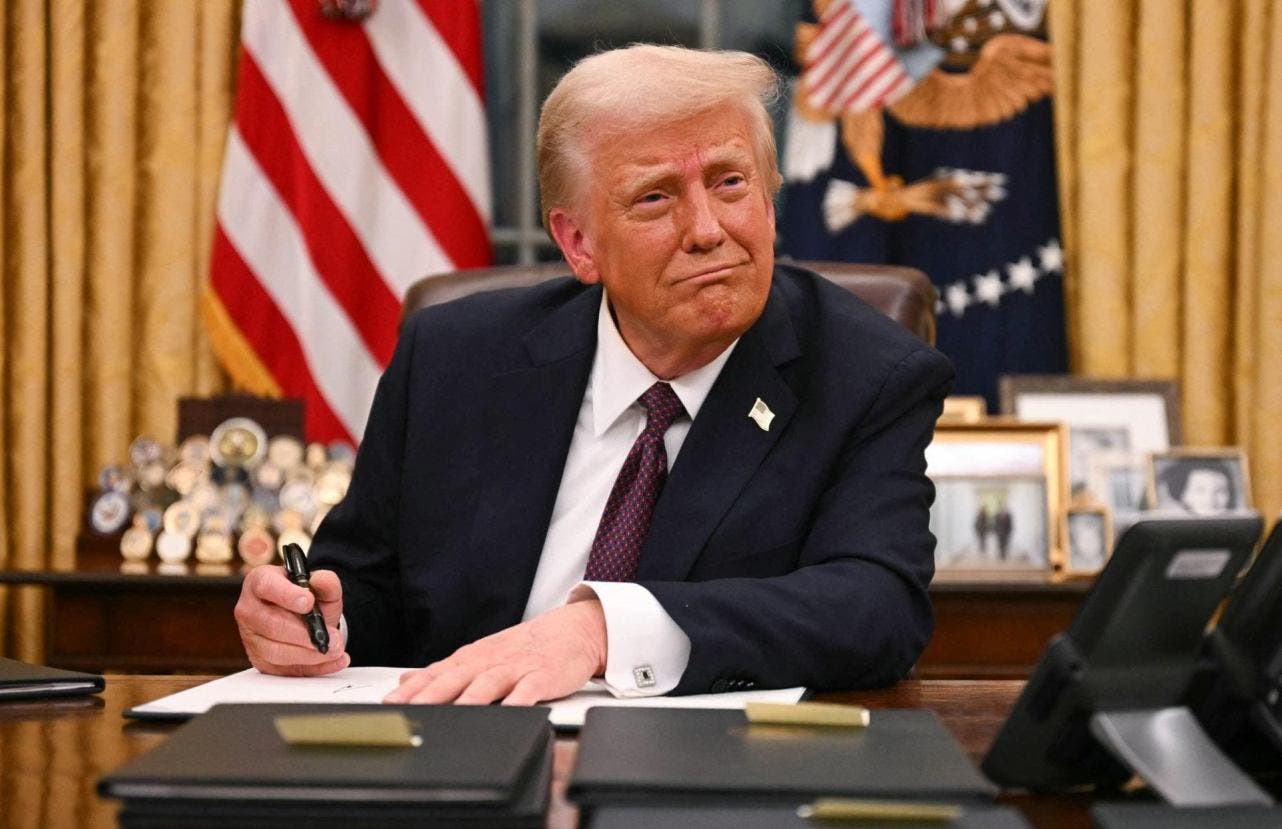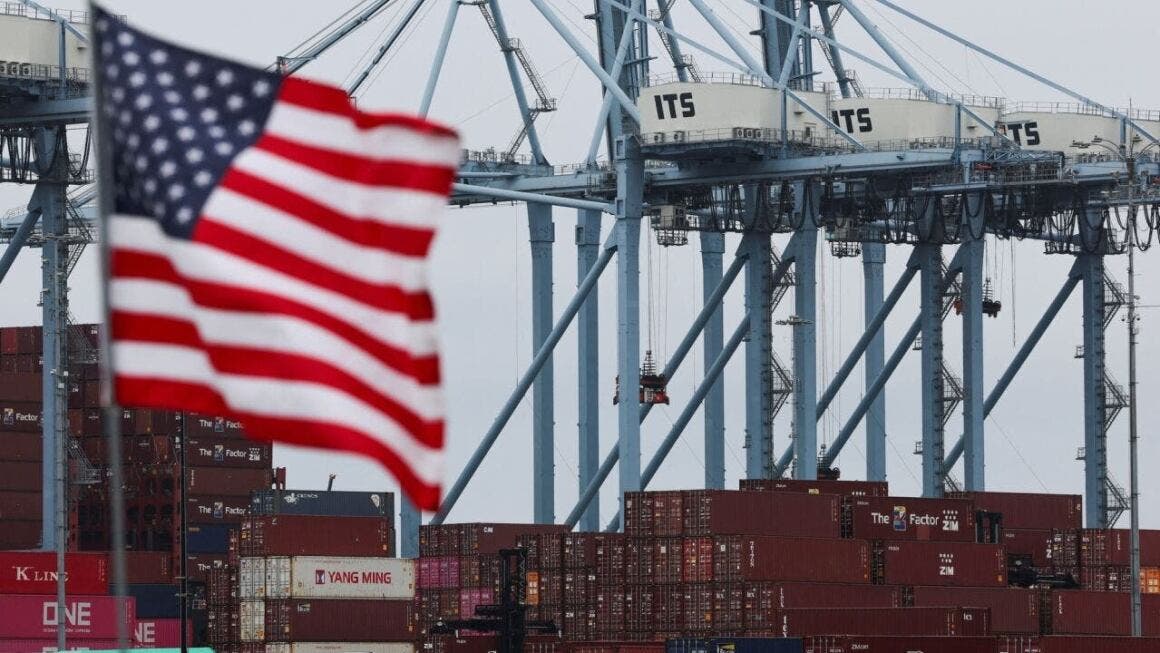Growing concern in the US automotive sector is understandable. Yesterday, an association representing General Motors, Ford, and Stellantis raised criticism regarding a new possible trade agreement that could reduce customs duties on vehicle imports from Japan to 15%, while maintaining the current 25% tariff on vehicles from Canada and Mexico.
Stellantis and US automakers oppose Japan trade deal amid rising tariff concerns and billion-dollar losses

Matt Blunt, president of the American Automotive Policy Council (AAPC), expressed concern by stating that the agreement, still under analysis, risks penalizing those who build cars in North America with high local content, favoring Japanese vehicles with almost no components produced in the United States. “Such an agreement would be obvious damage to American industry and thousands of sector workers,” he stated.
Meanwhile, US President Donald Trump has threatened new protectionist measures, hypothesizing tariff increases up to 30% on Mexico and 35% on Canada starting next August 1st. However, White House spokesperson Kush Desai called the agreement with Tokyo “an epochal victory for American automakers,” arguing it ends unfair trade barriers imposed by Japan on US-produced cars.

The effects of recent tariff policies are being felt. GM announced losses of $1.1 billion in the second quarter, with forecasts of further negative impacts in subsequent months. Stellantis has quantified the impact of US customs policies at over $300 million and has already initiated a reduction in shipments and production.
Even a previous agreement signed with the United Kingdom has drawn criticism. According to the AAPC, allowing a quota of 100,000 vehicles at a reduced 10% tariff would harm the American manufacturing sector. Trump also partially eased duties on components and raw materials, while maintaining a 25% tariff on finished vehicles, and extended customs exemptions for parts produced in North America under free trade agreements between the United States, Canada, and Mexico.
